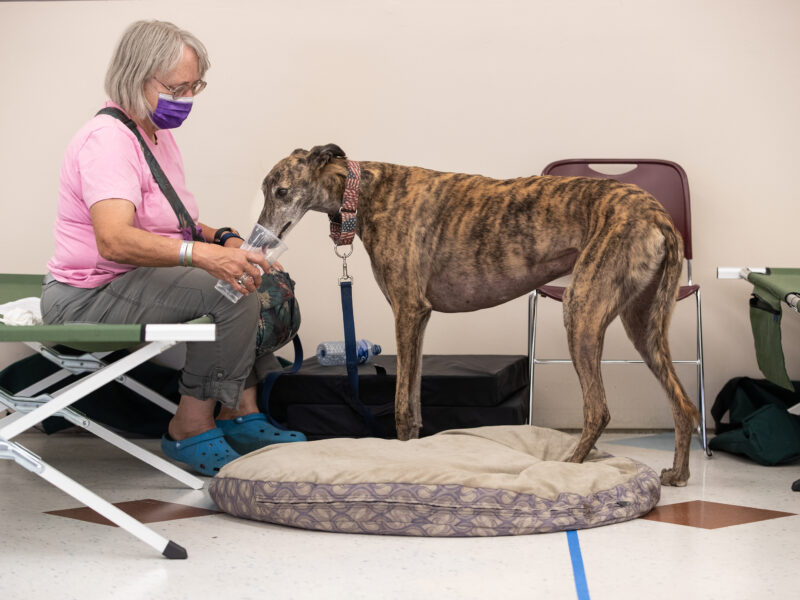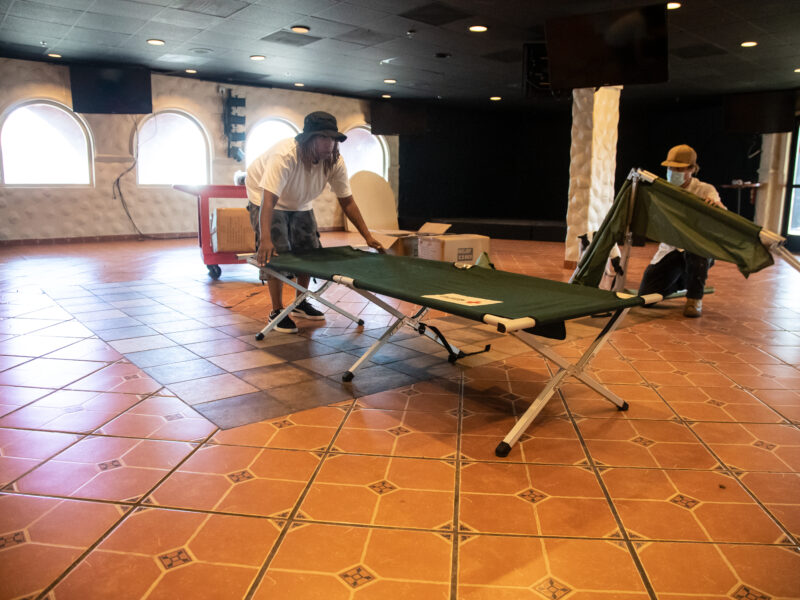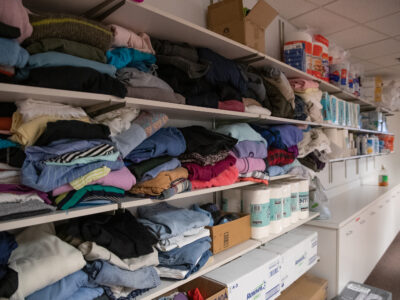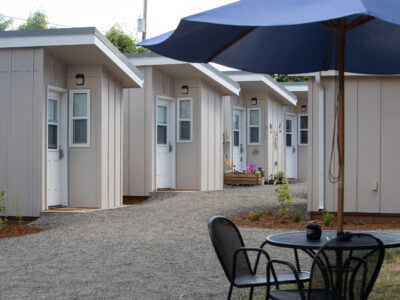Emergency Shelters
Providing immediate and temporary shelter for those experiencing homelessness, all shelters include spaces to sleep, and restroom and food access with many equipped with full kitchens and laundry rooms.
Find help
If you’re experiencing or at-risk of homelessness, find help now, by calling 211 (toll free: 866-698-6155). More information at links below.
Provider information
Access the Sanitation and Hygiene Guide for Emergency Shelter Providers.
Shelter updates
Learn about recent and upcoming work to expand shelter and daytime services in Multnomah County.
Our Approach to Shelters
Shelter stays are meant to offer connection to permanent housing options and other support services. Most emergency shelters are low-barrier, meaning they welcome partners, pets and possessions, and are designed to be trauma-informed and able to meet participant needs for privacy and community. Shelters are reservation-based, with most open 24/7, and do not require people to line up for beds each night.

Expanding Shelter Capacity
Our work prioritizes new shelters and developing new models (villages, safe park sites, motels) that meet people where they are. As of 2024, the JOHS supports a maximum capacity of over 2,000 beds, motel rooms and sleeping units — up from 650 in 2015 — with plans to grow.







